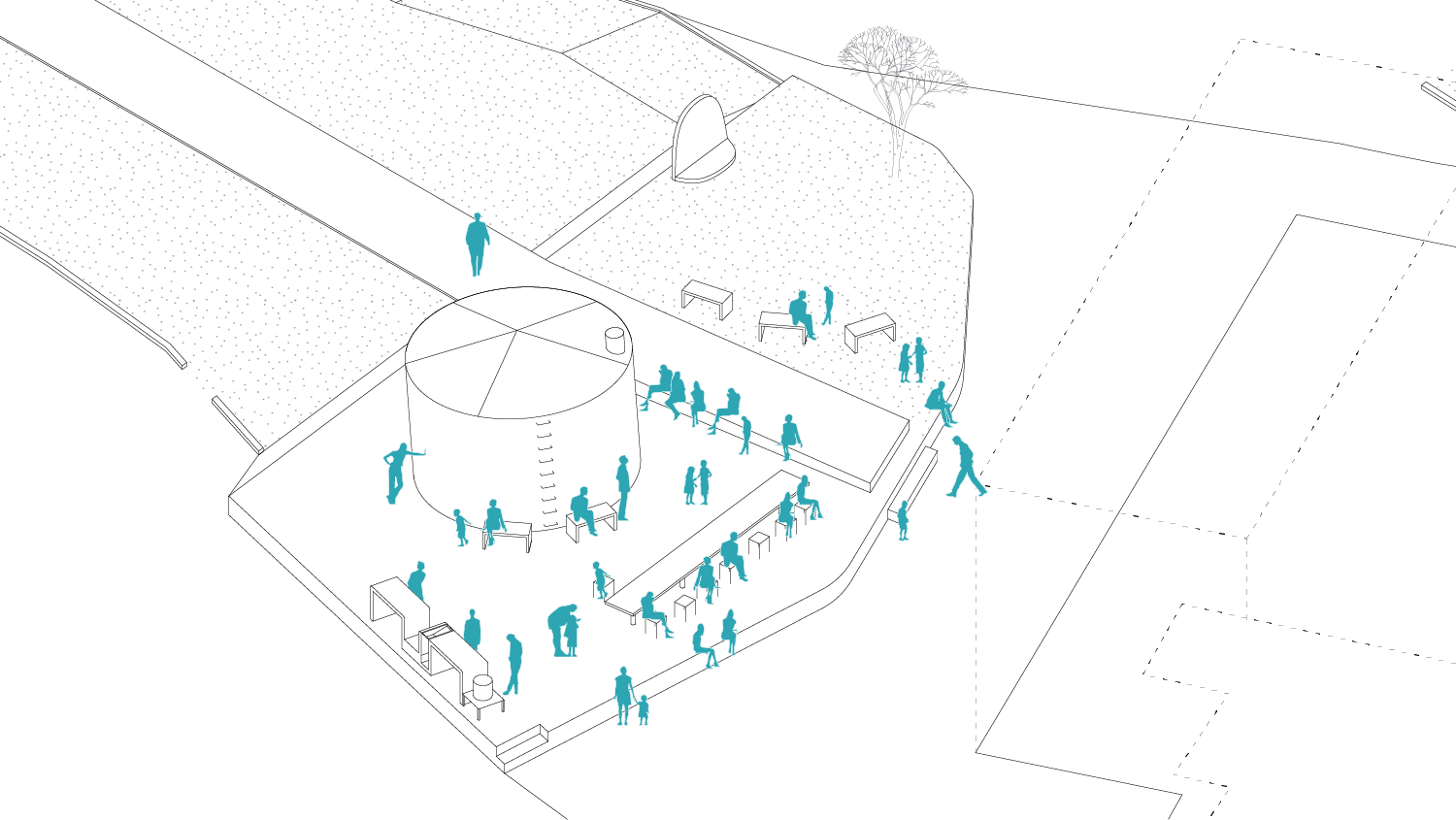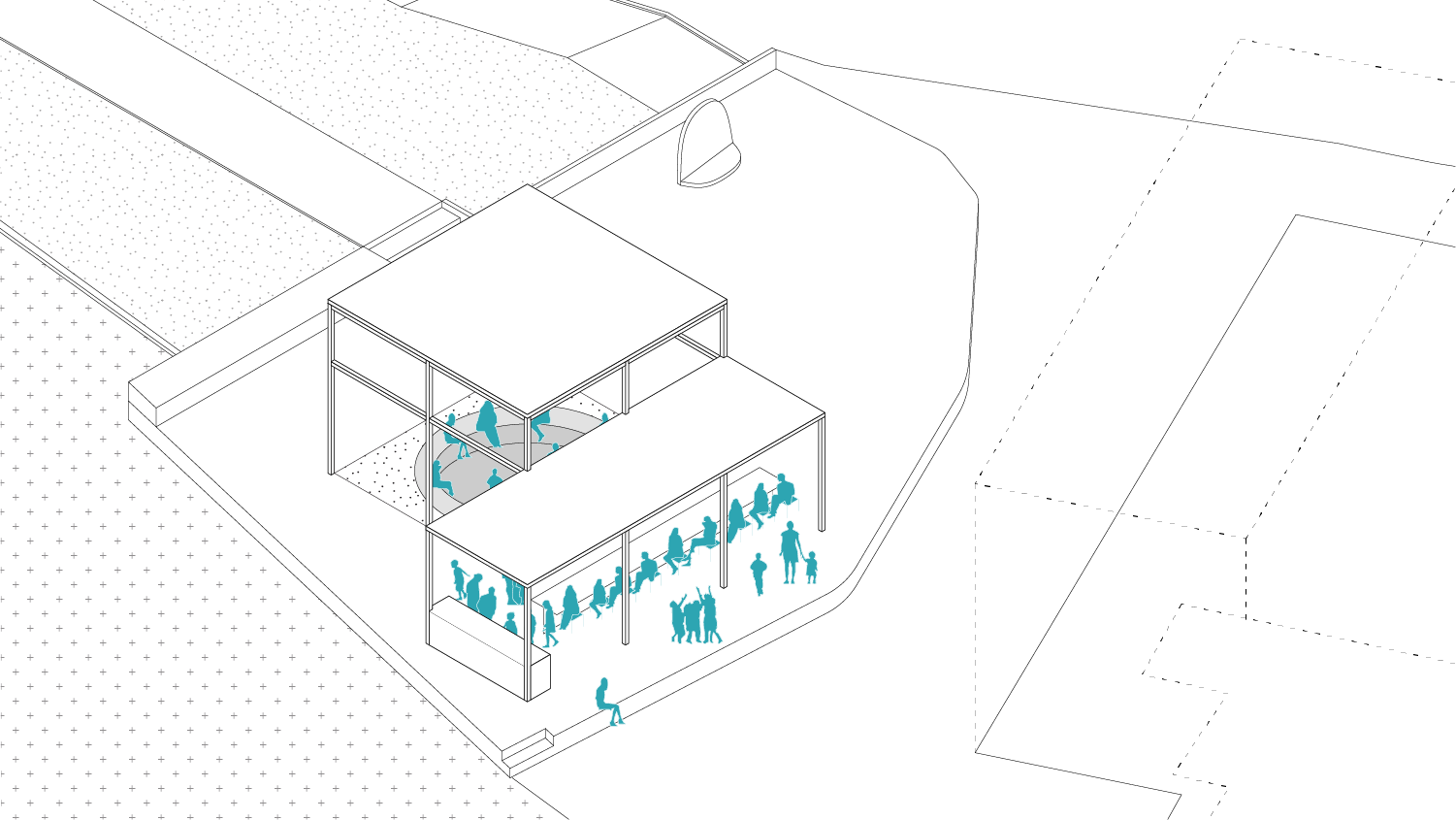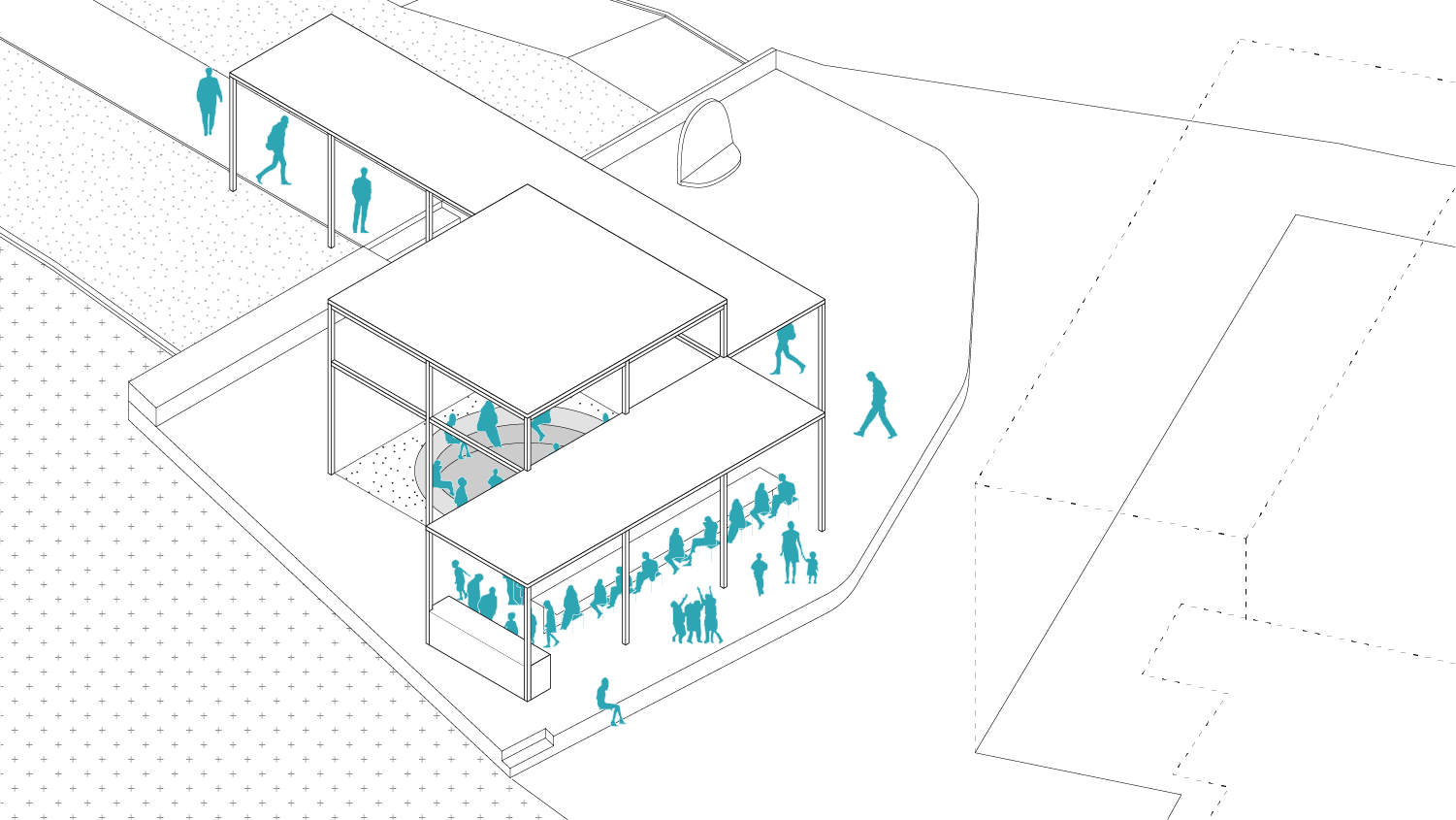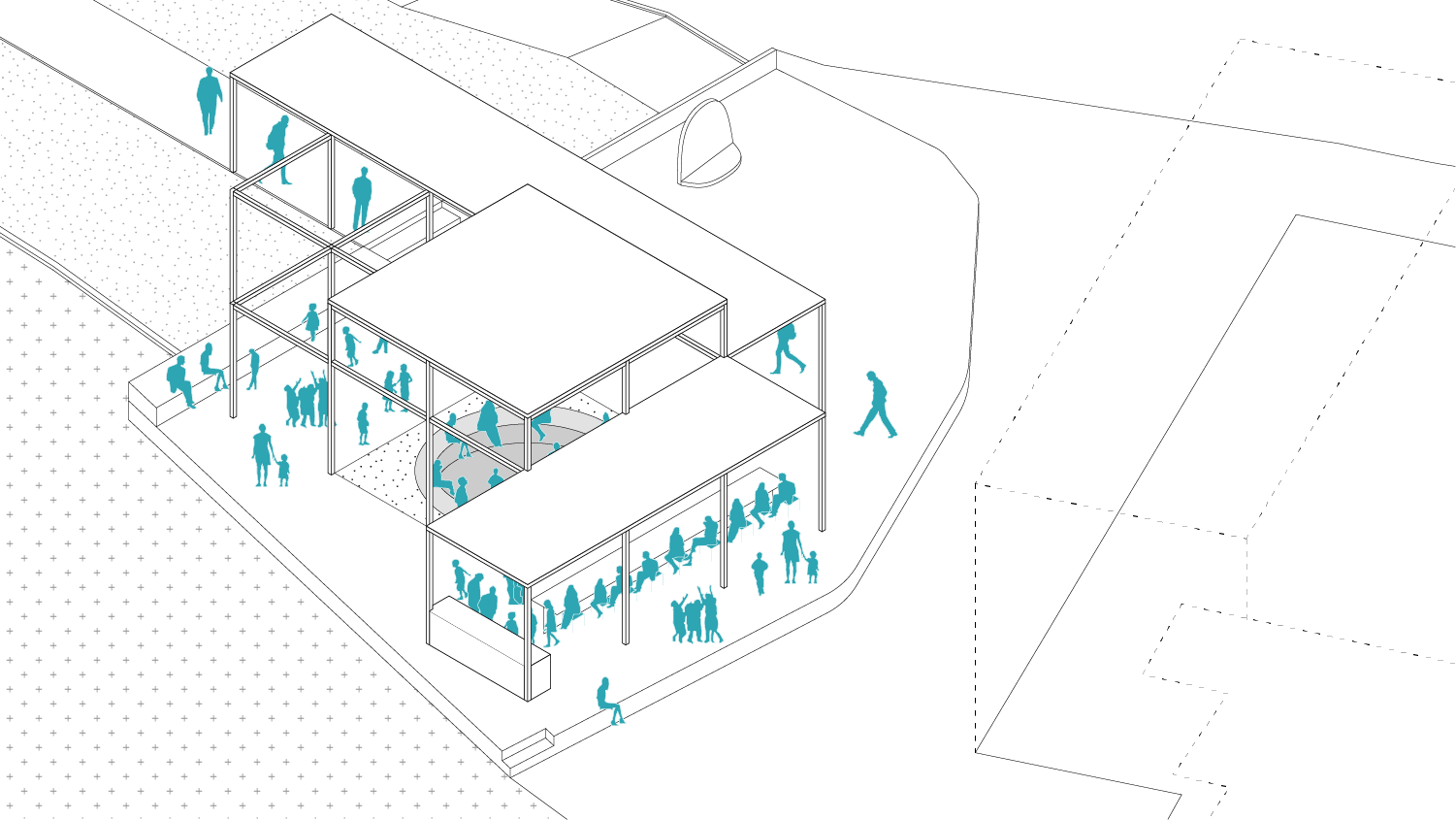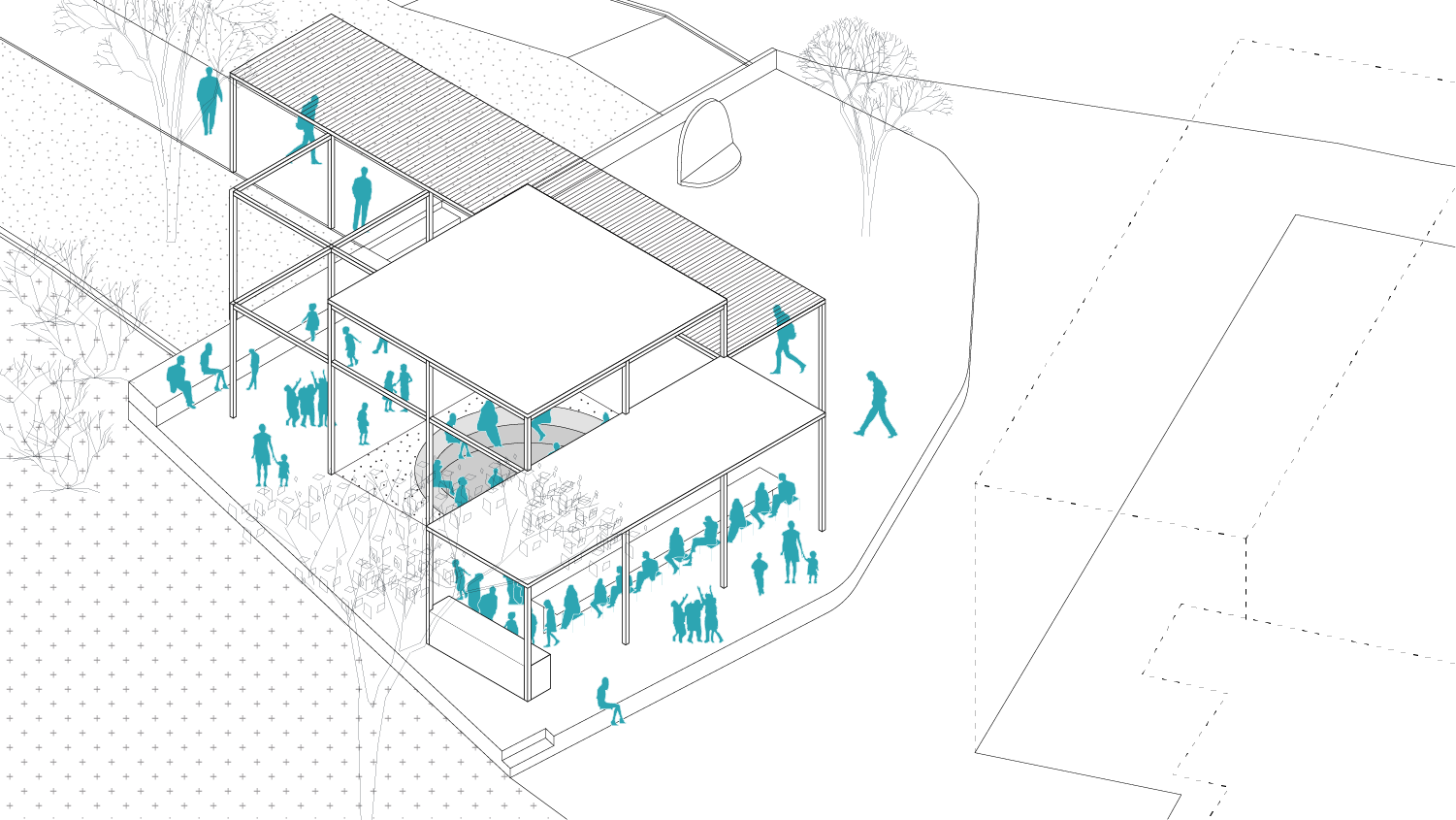





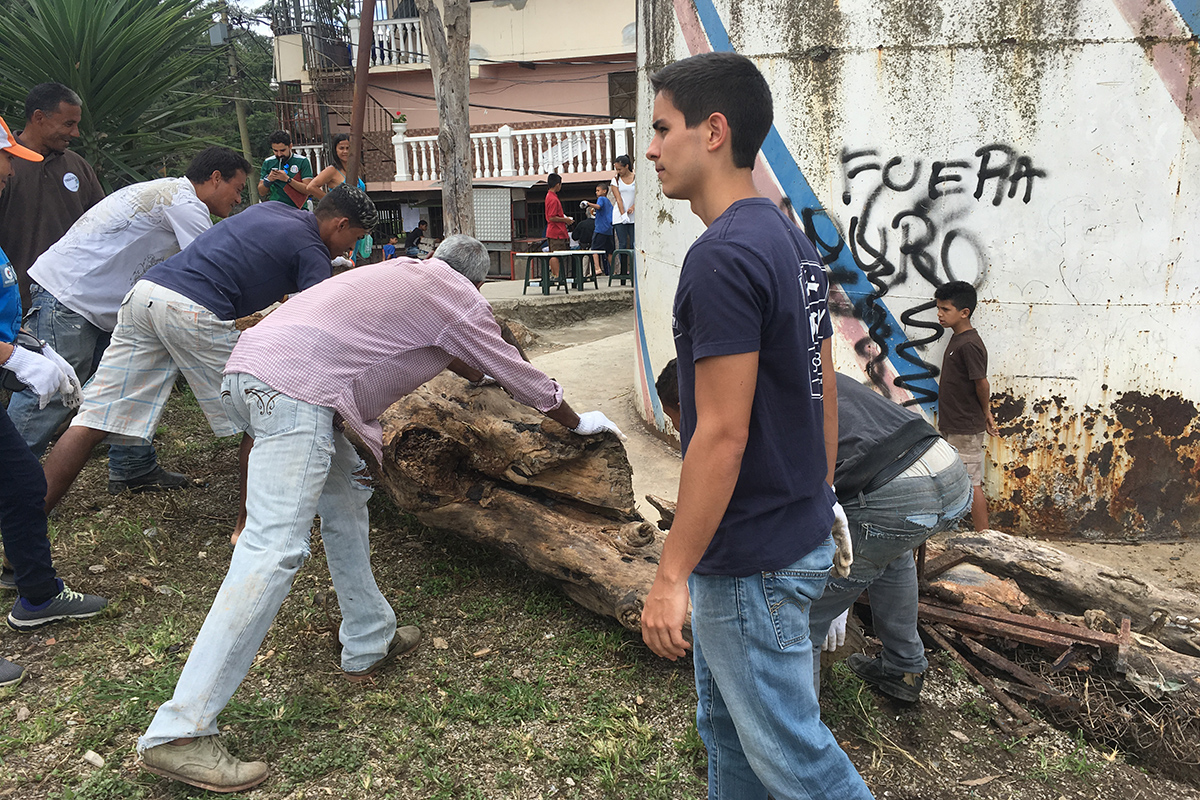
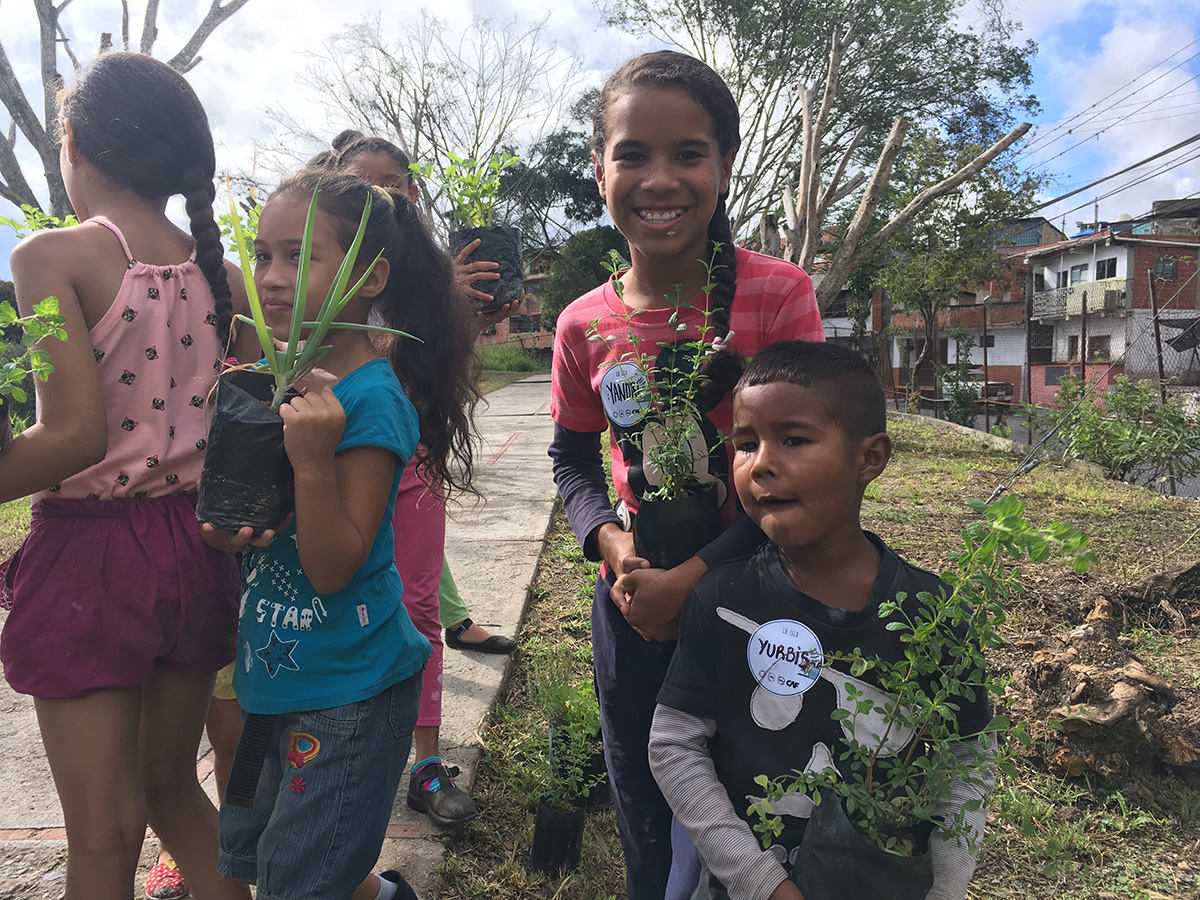
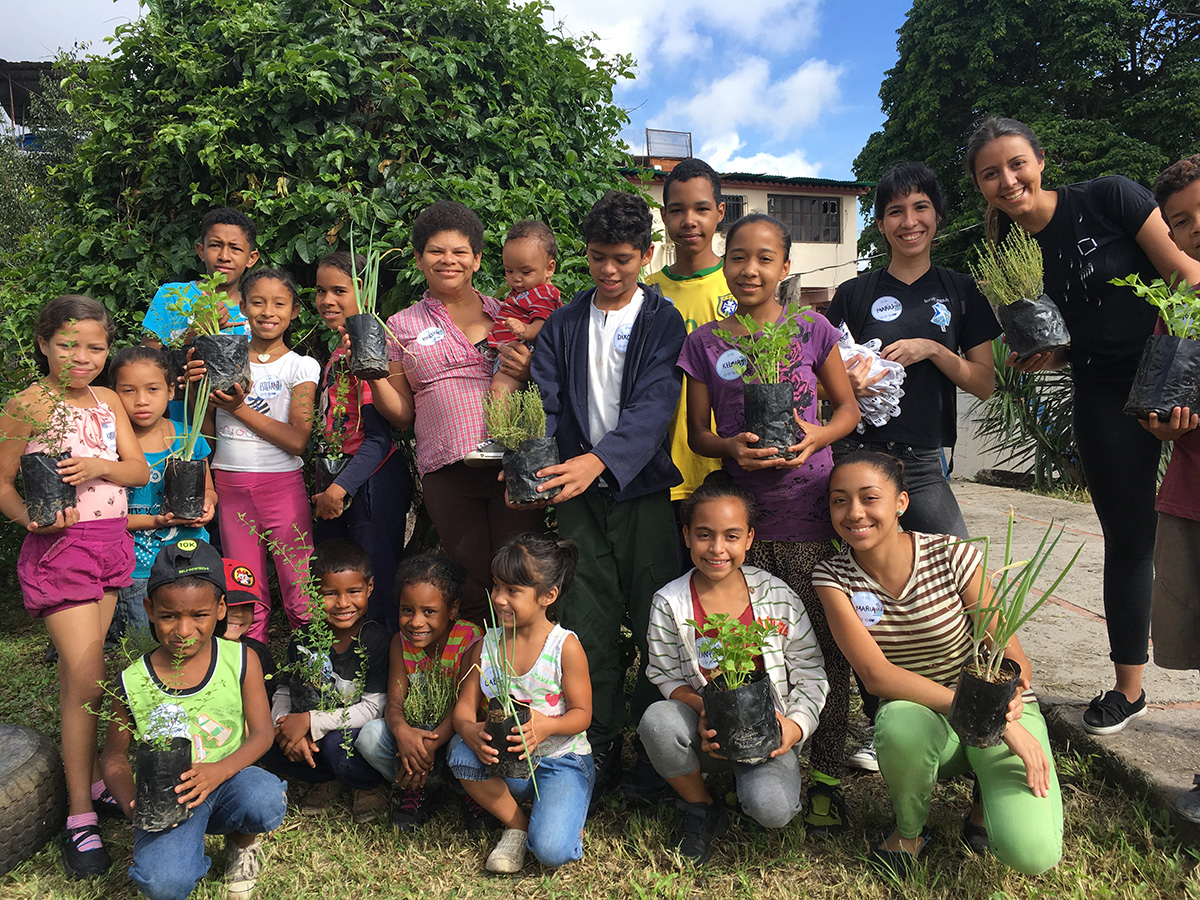
LA ISLA
PUBLIC SPACE & COMMUNITY KITCHEN
La Vega. Caracas, Venezuela
La Vega. Caracas, Venezuela
2018
Project │ Incursiones
Team │ Josymar Rodríguez, María Valentina González, Stefan Gzyl.
Allies │ Alimenta la Solidaridad, CAF, Swiss Embassy
Team │ Josymar Rodríguez, María Valentina González, Stefan Gzyl.
Allies │ Alimenta la Solidaridad, CAF, Swiss Embassy
The site is a long, tree-lined boulevard atop a hill overlooking the city. It runs for over 150 meters parallel to a main road that connects through the busy sector of La Vega in Caracas. Its importance as a public space is evident in the fact that every government in the last 25 years has left a mark there, albeit not always successfully. In a sense, the space looks like a collection of disconnected interventions that have taken place over a long period of time. The most notable of these an abandoned water tank installed by the municipaly in 1993 after strong community petition. Built without proper terrain studies, the tank resulted in a risk of landslide due to the weight of water. Even if it has not been used for its intended purpose in over two decades, the tank has become a landmark, concentrating most of the community’s social life around itself.
It is next to the tank that in 2017 ALS installed one of their first community kitchens for children, which operates outdoors under very precarious conditions. When Incursiones was approached to develop a project at this location, a series of meetings with the community were held in order to decide the fate of the tank, together with structural and soil engineers. Even if useless for holding water, everyday users of the space were strongly attached to it. After a first project for perforating the tank was aborted, we proposed to replace this solid impenetrable object with its opposite, a void that would serve as a reminder of what had been there before, and a sunken bench around which people could gather. This main meeting space was covered in a simple steel structure around which other modules were arranged: a new kitchen, a play area and a long pergola aligned with the tree-lined space beyond, creating a connection with a second phase of the intervention.
In parallel to the architecture project we organized a series of events with the Latin Amerincan development bank CAF to mobilize both local residents and potential sponsors. These included meals, site cleanup and anti-erosion planting. After a series of meetings a consensus was reached amongst the 57 families that live in the area and the project received green light. Working together with ALS and other potential sponsors, we are currently seeking funding for the project.
